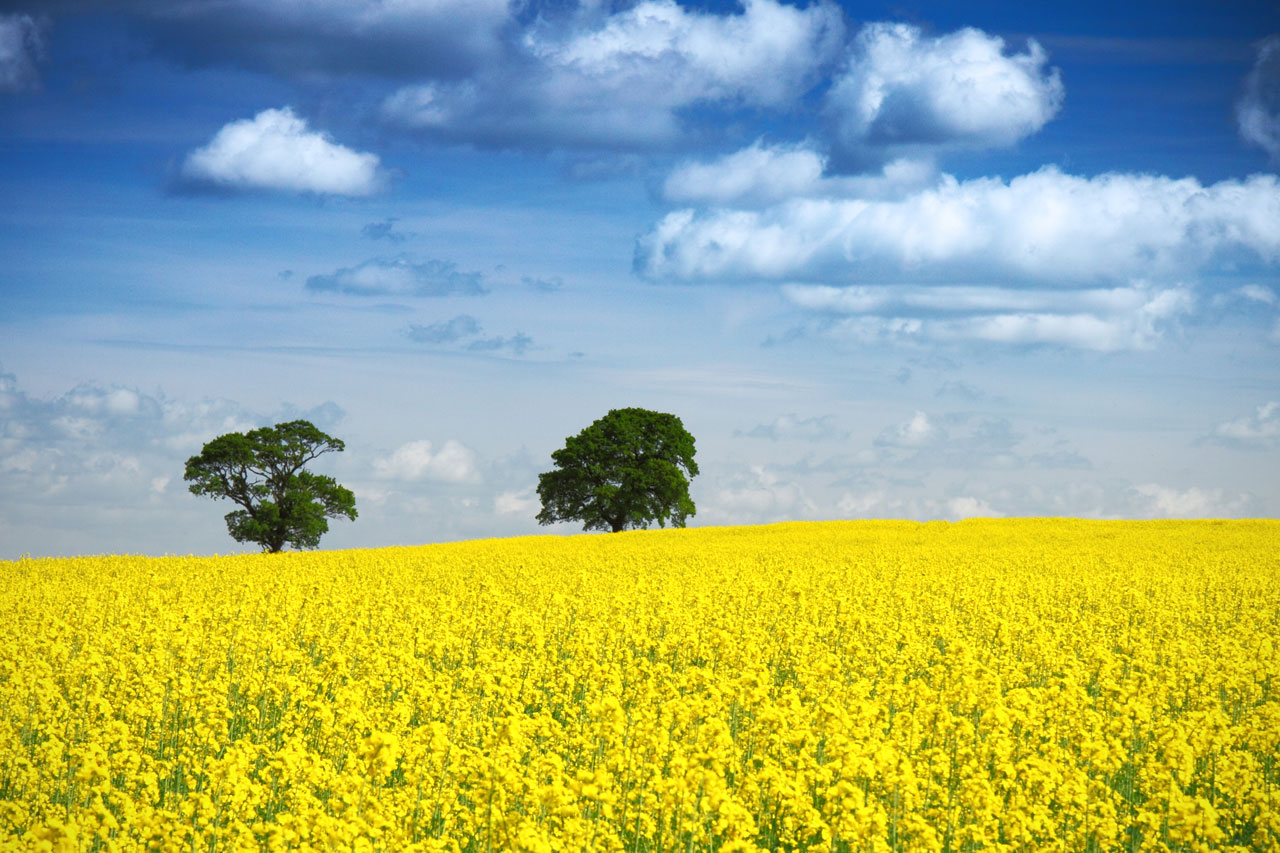
There has been a 'significant loss' in this year’s winter oilseed rape planted area, with nearly four times as much lost than last autumn, a survey shows.
Agricultural market researcher, Kleffmann Group, has a panel consisting of 403 UK rape growers and calculates an original planted area in autumn 2018 of 581,030 hectares of winter rape.
However, 68 farmers have reported failed crops amounting to 6.28% of the total original planted area, meaning 36,000 hectares has been lost.
In the 2017/18 season, the percentage loss was just 1.62%, but autumn 2018 has been much more hostile to rape survival by a factor of nearly 4 times, the survey shows.
The farmer survey has identified different proportions of hybrid and conventional variety adoption over a number of years.
For the first time in many recent years it appears that there is nearly a 50:50 proportion between hybrids and conventional rape varieties being sown on farm.
The survey shows a clear difference in failed crops by breeding method. In conventional varieties the area lost was 7.52% (21,000ha) of the area planted and of the restored hybrid varieties 5.16% of the crop planted (15,000ha) were lost.
Regional differences
Significant regional differences were also noted; Scotland, for example, had the lowest area of oilseed rape lost at just 0.91% of the original planted area, closely followed by the North East Region at 1.36%.
The South East Region had the highest area of failed crop at 12.60%, followed by Yorkshire and the Humber Region at 9.75%.
Between these extremes are the remaining regions; East Midlands suffered 3.5% loss, South West 4.34%, West Midlands (5.34%) and Eastern (7.29%).
Losses in cropping area have risen in comparison to the year 2018, where the crop failure amounted to just 1.62% of the original planted crop.
Beetle damage
Reasons for the crop losses are varied and include an increase in cabbage stem flea beetle (CSFB) damage.
Neonicotinoids seed treatments are no longer permitted for UK farmers, and pyrethroid resistance in CSFB adults developing.
In April 2018, EU member states agreed an almost-complete ban on the use of neonicotinoid insecticides.
Other reasons include poor establishment and in some regions a lack of moisture has hindered germination.
